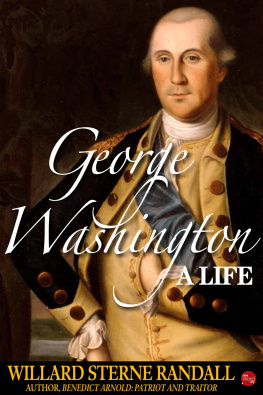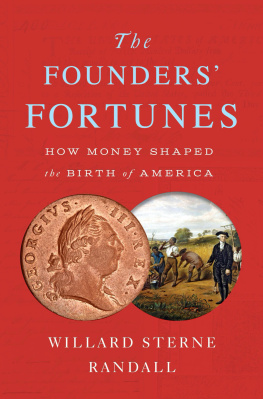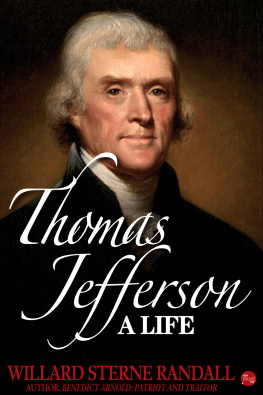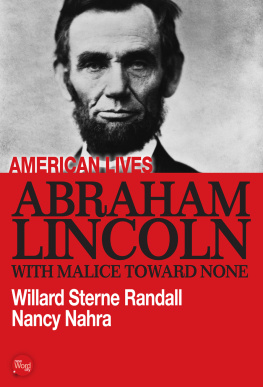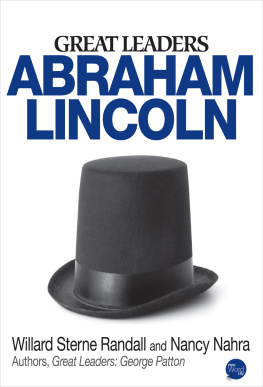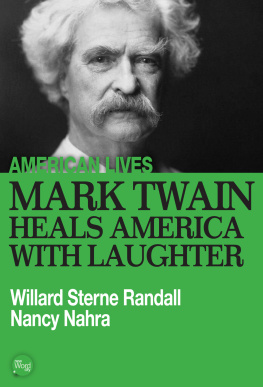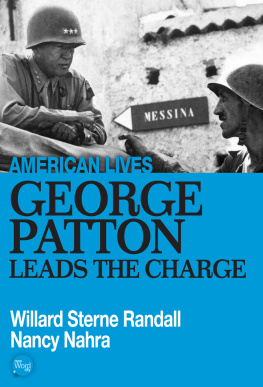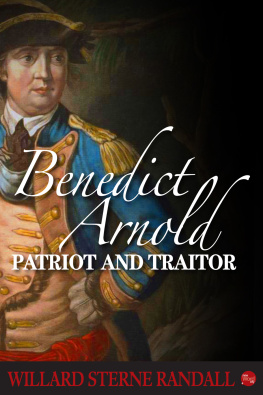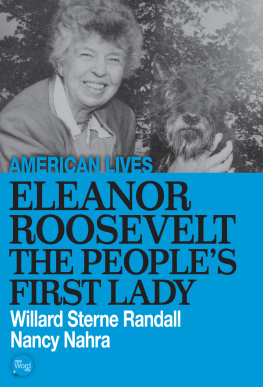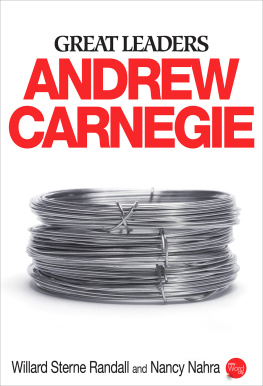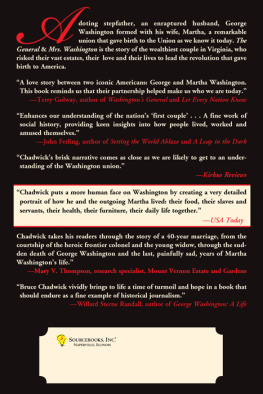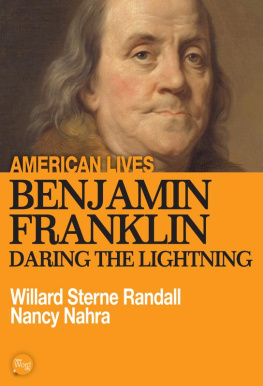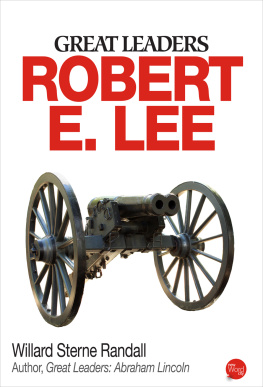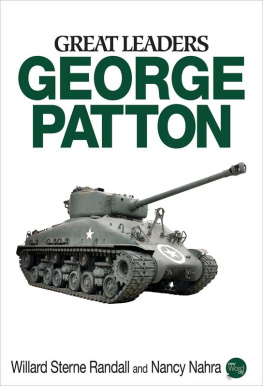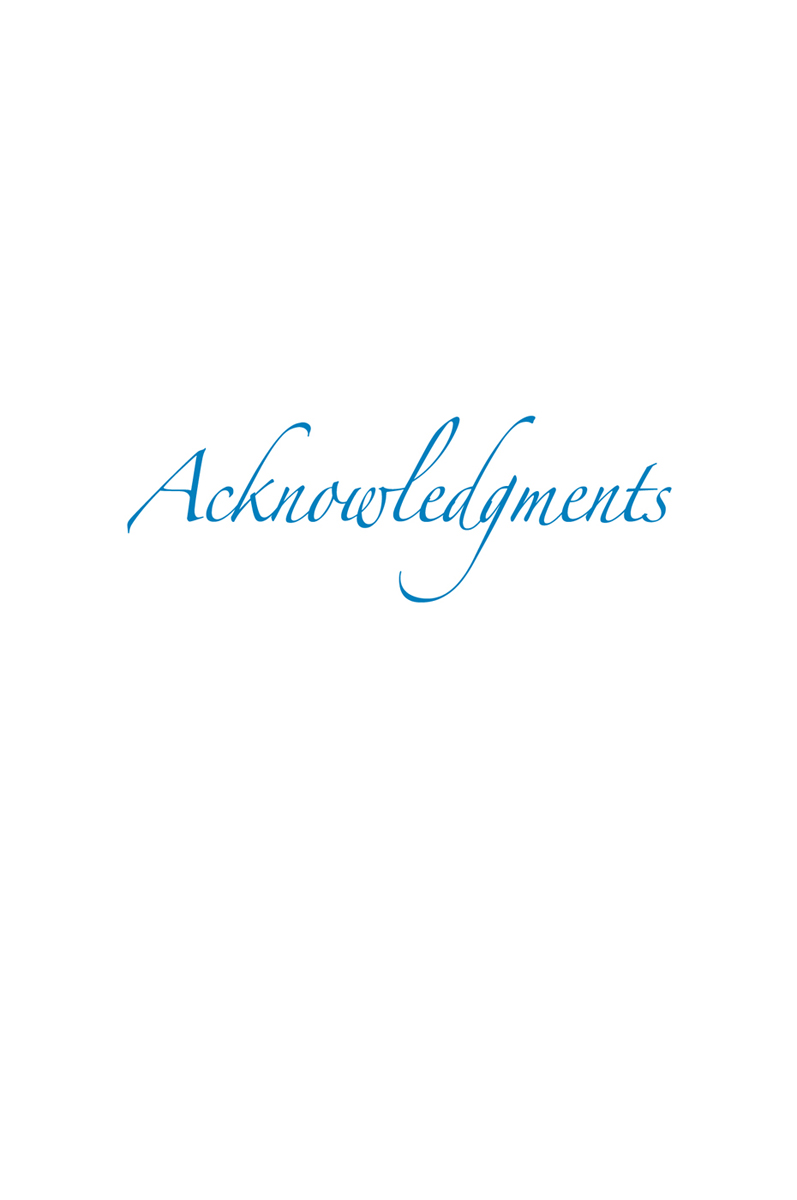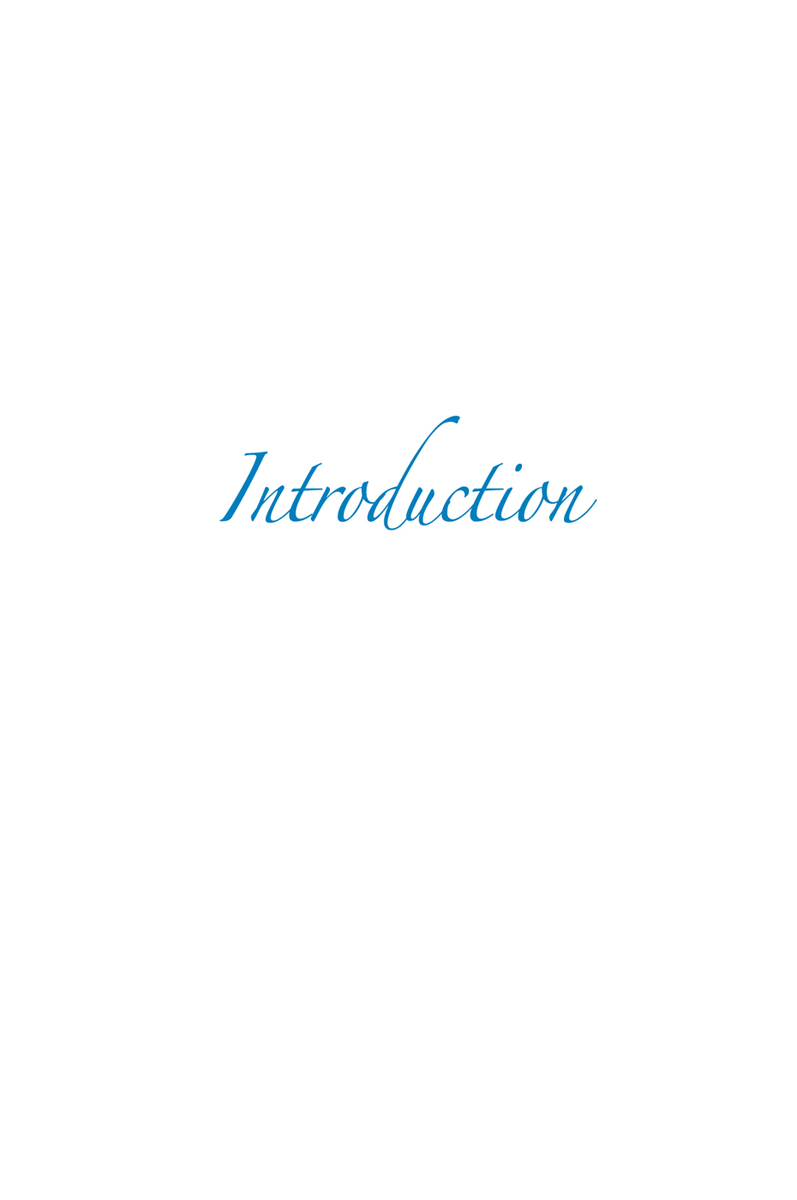This book began on cold winter mornings in 1969, very early mornings. I was the young special enterprise reporter for the Philadelphia Evening & Sunday Bulletin. My boss, features editor B. Dale Davis, asked me to talk to a collector of antique letters, Sol Feinstone, who was lending his vast collection of early American autographs to the American Philosophical Society. Davis said they included many letters by George and Martha Washington, among others. I had written what were called in the newsroom "history pieces" from time to time. Davis warned me that Feinstone was a bit of a "character," who had established strict conditions for a story, and he gave me the customary week to turn in a Sunday feature timed for Washington's birthday (when it still was celebrated separately).
A drive to Bucks County revealed just how much of a character Mr. Feinstone was. At the kitchen table overlooking the spot where he insisted Washington "really" crossed the Delaware (there's a state park called Washington's Crossing a mile farther south), we pored over one letter after another signed by Founding Fathers. Feinstone, who had made a fortune building and renting housing to the U.S. government in World War I, had bought an eighteenth-century farmhouse and crammed it with rare books and letters. I was allowed to look at any of them if I arrived at dawn and finished by noon and gave him a ride into center-city Philadelphia: he did not own a car. With the indulgence of my editor, I stretched that assignment for six weeks. I got up in the dark and drove for an hour and read hundreds of letters and at night raced through Douglas Southall Freeman's six-volume George Washington and every other biography of the founding father I could find. The result was "George Washington's Love Letters," my first effort at biography -- and the vow that someday I would go back and write a full biography of the great warrior-president.
Over the years, as I have worked on biographies of others of the Revolutionary generation, I have continued to bootleg Washington research. The list of all the people who have helped me over those twenty-eight years is too long to set forth here, but they will see I have finally finished it with their help. A number of editors encouraged me over those years. Hiram Hayden and Harry Sions did not think I was crazy to turn from a journalism career to the writing of historical biography and did not roll their eyes when I talked of one day tackling Washington. Most especially biographer Catharine Drinker Bowen encouraged me. And it was Alan T. Williams who first urged me to write about Washington in a single volume.
In the course of the research I have traveled to the Henry E. Huntington Library in San Marino, California, where I began the research while working on my Jefferson biography and gained access to the records of Washington's financial dealings. At the William L. Clements Library of the University of Michigan, I studied both ends of Benedict Arnold's treason, the Arnold-Clinton-Andre correspondence and Washington's lightning reaction and that of his dispirited troops. To Galen R. Wilson, then curator, I owe deep thanks. While researching the life of William Franklin and studying the Loyalists, I squirreled away much material on Washington, especially at the Library of the American Philosophical Society, where Director Whitfield J. Bell was the first of many staff to help me over the years.
On the trail of Arnold I was also on the lookout for Washington material: my thanks to Nicholas Westbrook of Fort Ticonderoga Museum and to Ann Van Arsdale of the Princeton University library with its treasures in the Andre De Copper Collection. At the New York Historical Society, then-director James. E. Mooney was as ever knowledgeable and gracious. At the J. Pierpont Morgan Library, despite renovations that made conditions all but impossible for the staff, Robert Parks arranged for me to study the Henry Knox Papers; I was ably assisted by Sylvie Merian, Inge Dupont, and Vanessa Pintado. As usual, I am in debt to the staff of the Historical Society of Pennsylvania and the New York Public Library. At Mount Vernon, Librarian Barbara McMillan not only showed me Washington's business records but helped me with my research into the history of the plantation, of slavery, and of Washington's family. Dennis Pogue, director of restoration at Mount Vernon, helped with his writings and his tours of basement, grounds, and farm.
Without fine libraries and free access to them, such books would be impossible. Near my home in Vermont are the excellent collections of the Bailey/Howe Library at the University of Vermont, where Patricia Mardeusz. and Jake Barickman were as usual helpful, and the much smaller but user-friendly library of St. Michael's College, where emeritus professor Vincent Narramore arranged privileges and where Director Pat Suozzi, General Services Librarian. Mark McAteer, Reference Librarians Michelle McCaffrey and Steve Burks, and Interlibrary Loan Librarian.
Kristin Hindes made hours of database and computer searches bearable. They brought me books from all over North America and then let me take out far more of them and keep them longer than I had any right to expect.
I owe special thanks to many people. Douglas Denby, president of John Cabot University in Rome, was wonderfully gracious and supportive, as I worked on Washington between lectures on "American Lives" while I was Visiting Professor of History. Carole Ludwig and Daniel Fiorrentino of the staff of the United States embassy in Rome helpfully arranged a lecture tour where I tried out my Washington presidential material on audiences at John Cabot University and at the Centro Studii Americani in Rome and in Naples. There, Consul General Clark Ellis was most gracious in helping arrange for me to talk to students from the University of Naples and to the English-speaking community. Closer to home, Lincoln Brownell, ever alert, spotted a Washington letter on a bank wall that I would have missed; J. Robert Maguire provided valuable insights. Ray Lincoln, agent and friend, listened, read, thought, and advised as generously as ever.
I would like to thank my editor, Jack Macrae at Henry Holt, for his many innocent-sounding questions and for his careful, subtle editing. My thanks also to his assistant, Rachel Klauber-Speiden, and to copy editor Erin Clermont. Once again, Diann Varricchione gave up evenings and weekends to prepare the numerous drafts of the manuscript. And, most of all, I want to thank my wife, Nancy Nahra, for listening, for reading, for arguing, and for never giving up.
At noon on November 25, 1783, a day of bright skies and a chilling northwest wind, General George Washington's honor guard of a thousand handpicked officers and men gathered at Day's Tavern in Harlem. Shivering in worn navy blue jackets shabby from years of hard use, they waited for Washington's command to march south into Manhattan. Astride a magnificent gray horse, Washington was ready, at last, to take back New York City, the most important British post in America. The peace treaty ending the Revolutionary War and affirming American independence had been signed in Paris more than a year ago but Sir Guy Carleton, the British commander, would not leave until he had written orders from London. Washington, for his part, would not disband his army so long as a redcoat remained who could rekindle the fighting.
No one could have been more eager for peace than Washington. At fifty-one, he had spent the last eight and a half years in uniform. In those years he had been home to Mount Vernon for only three days; since the Continental Congress had given him command of a rustic rabble in 1775, he had lived in 280 borrowed houses. His once-auburn hair had gone gray; pale and haggard, his cougarlike head was wrinkled from a decade of worry, struggle, and sadness.

